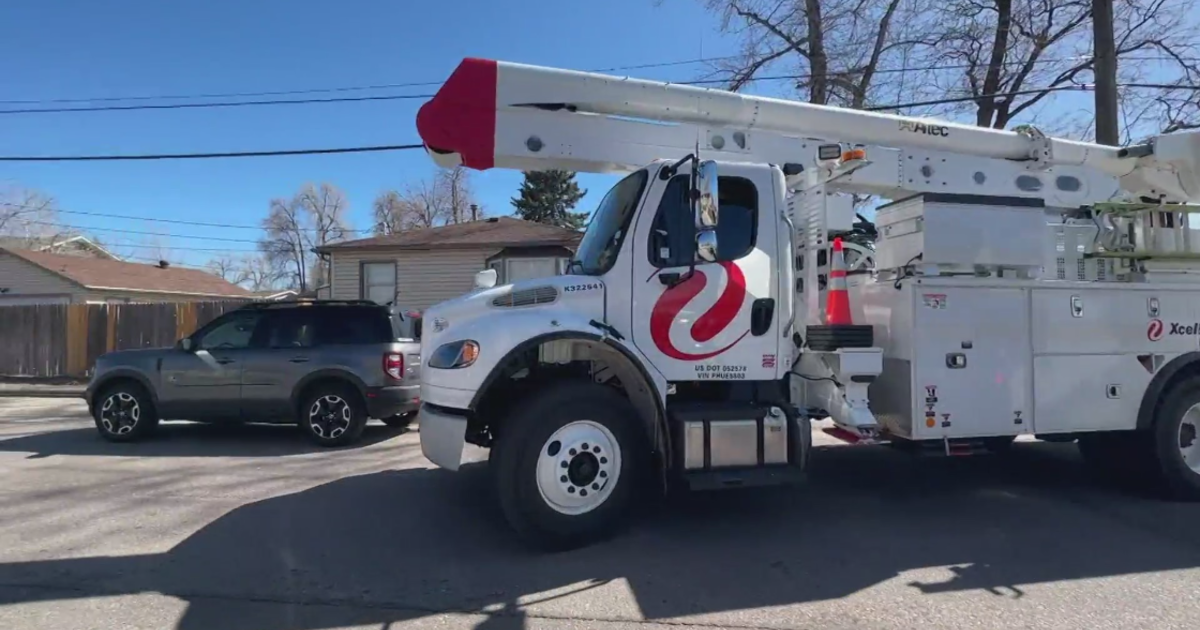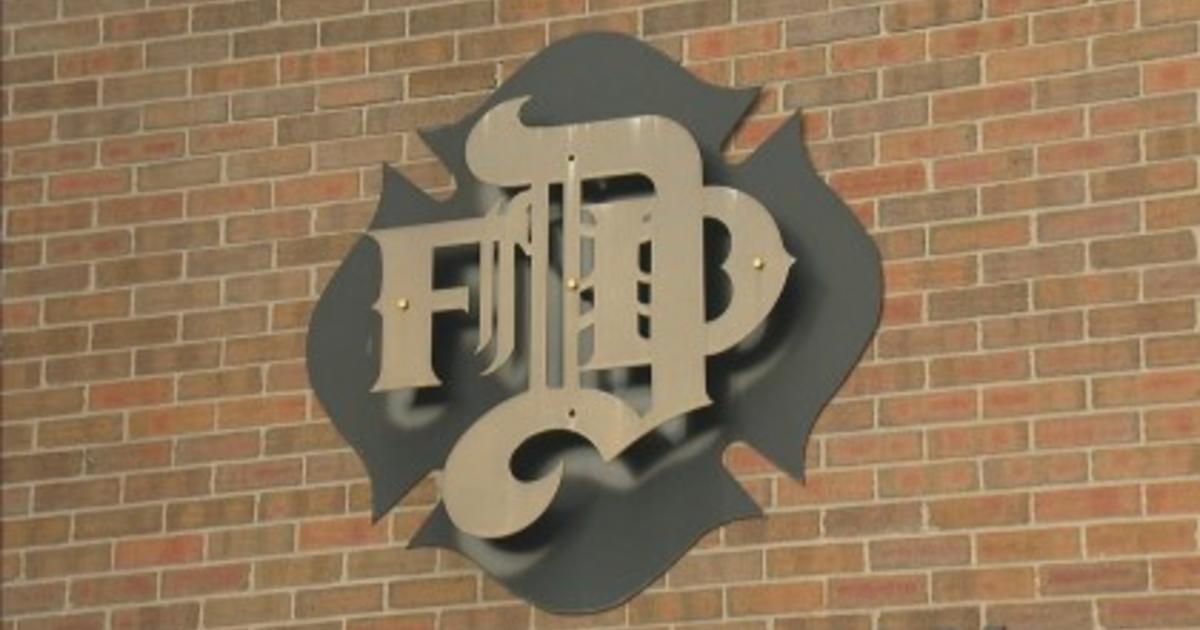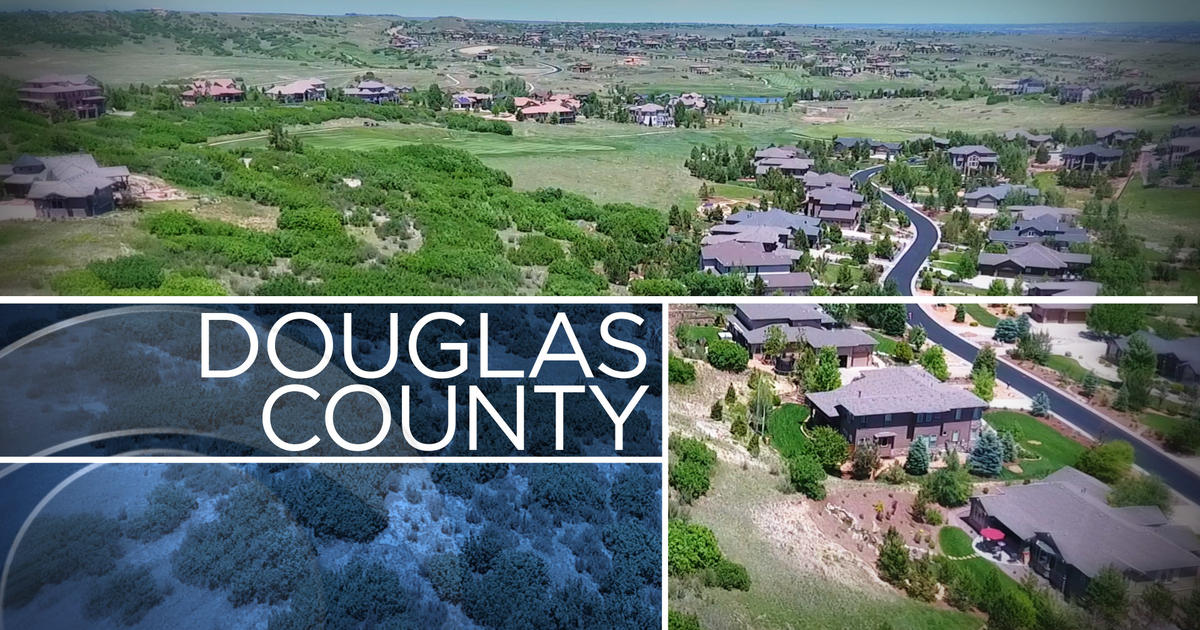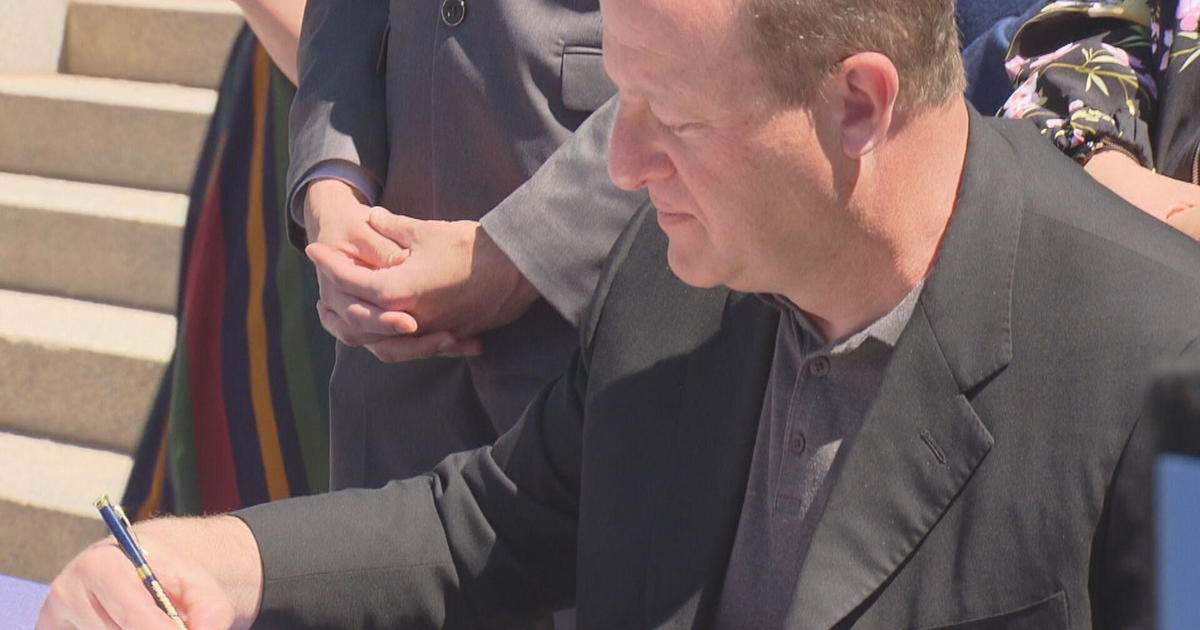Colorado Suspends 911 Rulemaking Amid Safety, Rules Debate
DENVER (AP) - Colorado utility regulators are postponing a plan to address 911 outages and security by expanding their authority over the emergency calls.
The Public Utilities Commission on Tuesday indefinitely suspended the rulemaking effort. The governor's office and lawmakers argued it risked overstepping powers granted by the Legislature during telecommunications deregulation in 2014.
The rulemaking - and a bipartisan bill designed to stop it - fueled debate not only over what some called excessive regulation but the reliability of Colorado's 911 systems, which have seen sporadic outages in recent months.
The debate pitted first responders, emergency dispatchers and consumer advocates demanding local accountability against Verizon, AT&T, Comcast and other carriers that argued their operations fall under the jurisdiction of the Federal Communications Commission - and threatened lawsuits if Colorado expanded its rules.
The commissioners acted after Jacki Cooper Melmed, attorney for Gov. John Hickenlooper, urged them to do so. Commission spokesman Terry Bote said the panel will work with the Legislature on the future of Colorado's 911 system.
The decision came just as the Senate was to debate a bill clarifying that the PUC's authority was limited to 911 calls that are not collected or relayed via mobile phones or internet-based services.
Under current statute and after Colorado's deregulation, the FCC regulates 911 calls made via cellphones, texts and internet-based services. County and local governments regulate the emergency dispatch centers that get the calls. The PUC regulates landlines and non-wireless or internet-based calls.
On Monday, Melmed wrote the commissioners noting that the PUC's limited authority over 911 service was set by the Legislature and affirmed by Hickenlooper in 2014.
"The broader question of whether our emergency services architecture is structured appropriately will not be resolved by immediate rule-making or legislation," Melmed said.
A host of first responders, including county sheriffs and emergency dispatchers, opposed the Senate bill, arguing that Colorado should find a way to regulate 911 calls from start to finish.
"If this bill passes, it will destroy your ability to complain about bad service and get a meaningful response," said Kelli Fritts, advocacy director for AARP Colorado. "To whom would the telecom carriers be held responsible?"
On Jan. 18, about 145,000 Verizon cellphone customers in Lakewood were unable to call 911 for three hours, said Scott Rose, communications supervisor for Lakewood police. Two wireless emergency calls - one, a medical emergency, and the other, a hit-and-run - got an "all circuits are busy" message before getting through on landlines, Rose testified at a recent hearing on the Senate bill.
"We weren't notified" about the outage, he said. "You expect that service to be there."
Nothing about deregulation, Kerr said, "has caused any of those 911 problems or made them worse than otherwise. ... If this has been such a problem, why were people not reaching out to us before now?"
LINK: Senate Bill 183
- By JAMES ANDERSON, AP Writer
(© Copyright 2016 The Associated Press. All Rights Reserved. This material may not be published, broadcast, rewritten or redistributed.)



